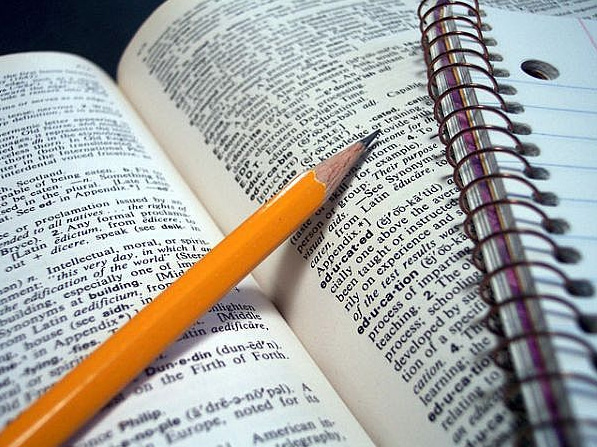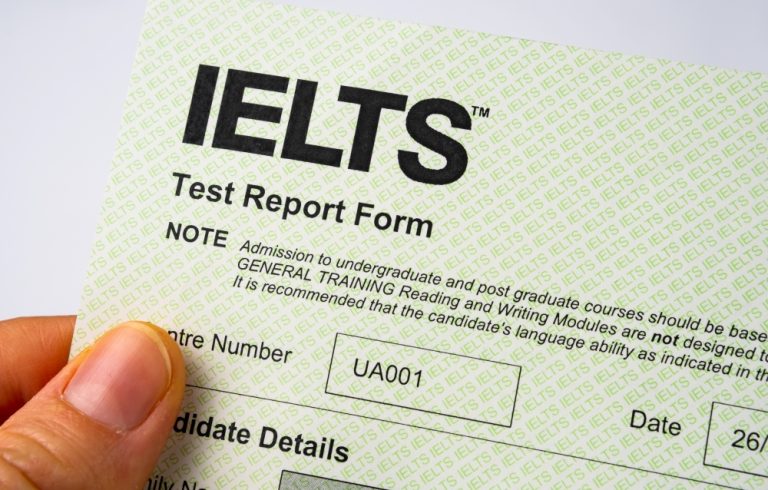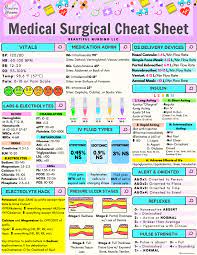Unveiling the Essence of Dictionary Meanings: A Comprehensive Exploration
Dictionaries are more than mere reference books; they are gateways to understanding the vast and intricate world of language. These invaluable resources provide us with the definitions, pronunciations, and contextual nuances of words, serving as essential tools for effective communication and language comprehension. In this article, we will embark on a journey to unravel the essence of dictionary meanings, exploring how they are crafted, their significance, and the art of defining words.
The Crucial Role of Dictionaries
Dictionaries serve a multitude of purposes, making them indispensable for anyone who seeks to navigate the linguistic landscape effectively:
- Definition and Clarification: The primary function of a dictionary is to offer clear and concise explanations of words, helping individuals grasp their meanings and usage.
- Pronunciation Assistance: Dictionaries often include phonetic symbols or audio pronunciations, aiding learners and non-native speakers in mastering correct pronunciation.
- Etymology and Word History: Many dictionaries delve into the etymology of words, tracing their origins and historical development. This historical context enriches our understanding of language.
- Part of Speech Identification: Dictionaries indicate the grammatical category (e.g., noun, verb, adjective) to which a word belongs, facilitating proper usage within sentences.
- Usage Examples: Sample sentences demonstrate how a word is used in context, providing practical insights into its application.
- Synonyms and Antonyms: Lists of synonyms (words with similar meanings) and antonyms (words with opposite meanings) expand vocabulary and promote precision in expression.
- Idioms and Phrases: Dictionaries often explain common idiomatic expressions and phrases, making them more accessible and comprehensible.
The Intricacies of Defining Dictionary Meanings
Defining words within a dictionary is a nuanced and meticulous process that requires expertise and precision. Here are the key components involved:
- Core Definition: The core definition encapsulates the fundamental meaning of a word in a concise and unambiguous manner.
- Lexicography: Lexicographers are linguists who specialize in the compilation and definition of words for dictionaries. They rely on vast corpora (collections of written and spoken language) to analyze word usage across different contexts.
- Descriptive vs. Prescriptive Approach: Dictionaries can adopt either a descriptive or prescriptive approach. Descriptive dictionaries aim to reflect how language is naturally used, while prescriptive ones provide guidance on “correct” language usage. Modern dictionaries tend to favor descriptivism.
- Sense Differentiation: Many words have multiple meanings or senses, and dictionaries must carefully distinguish between these senses, providing illustrative examples for each.
- Usage Notes: Certain words come with usage notes that highlight nuances, connotations, or potential pitfalls in their use, offering valuable contextual insights.
Challenges in Crafting Dictionary Definitions
Defining words may appear straightforward, but it involves overcoming several challenges:
- Polysemy: Polysemy refers to the phenomenon where a single word has multiple related meanings. Dictionaries must meticulously differentiate between these senses.
- Subjectivity: Language is influenced by culture, context, and personal interpretation. Lexicographers must navigate the subjectivity inherent in language while striving for objectivity in their definitions.
- Evolving Language: Language is dynamic and constantly evolving. New words emerge, and the meanings of existing words can change over time. Dictionaries must remain current to stay relevant.
- Cultural Sensitivity: Certain words carry cultural and social connotations, making it crucial for dictionaries to handle potentially offensive or sensitive terms with care.
Conclusion
Dictionaries are indispensable companions for language learners, writers, scholars, and anyone engaged in the art of communication. For more details on https://definedictionarymeaning.com/topic/40655/nakadashi, checkout this site. They play a vital role in preserving, documenting, and evolving languages. Crafting dictionary meanings is a meticulous endeavor that demands linguistic expertise and a profound understanding of the ever-changing nature of language. As we continue our exploration of the intricate tapestry of language, dictionaries remain our trusted guides on this fascinating linguistic journey, illuminating the meanings and depths of words that shape our world.





